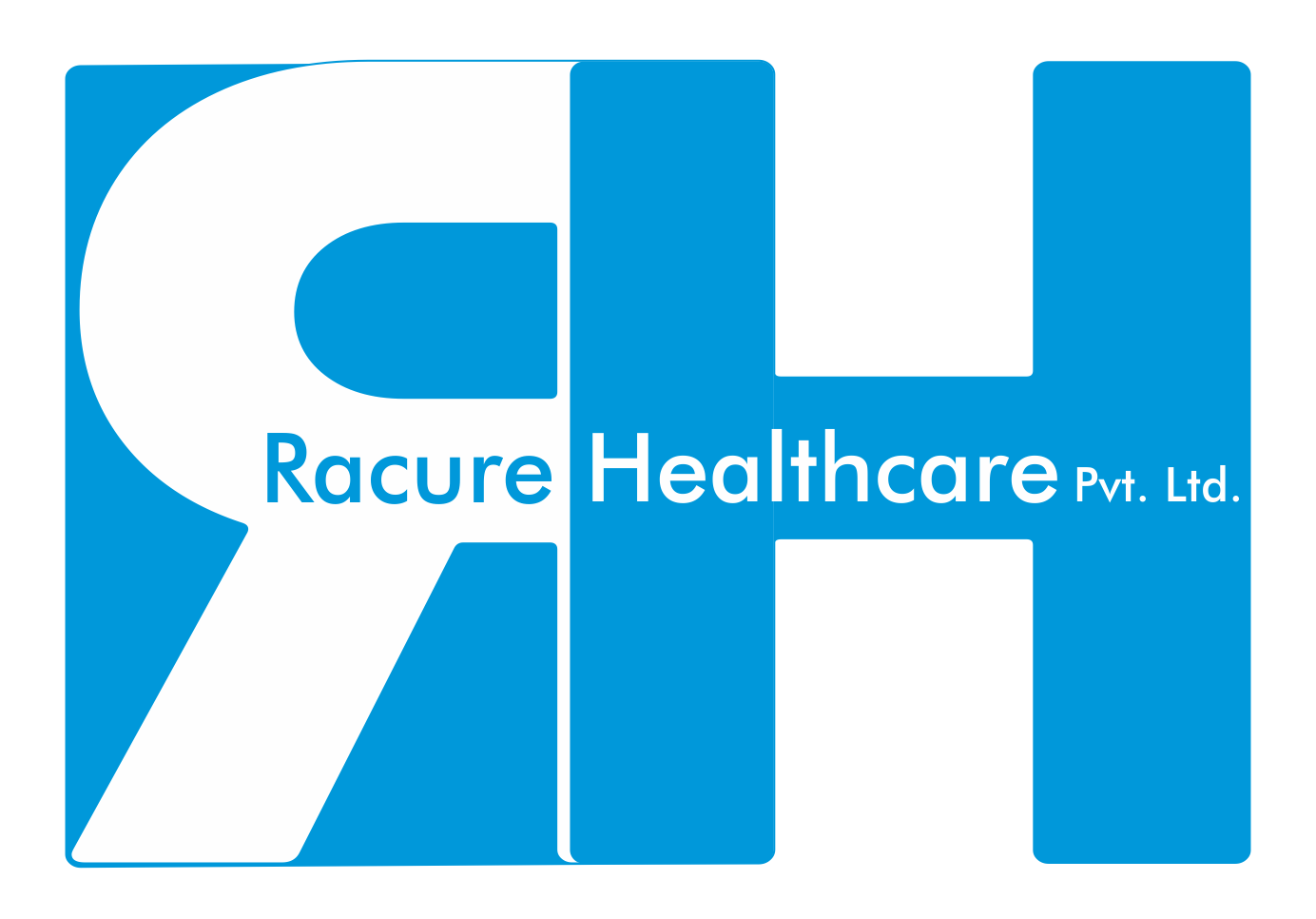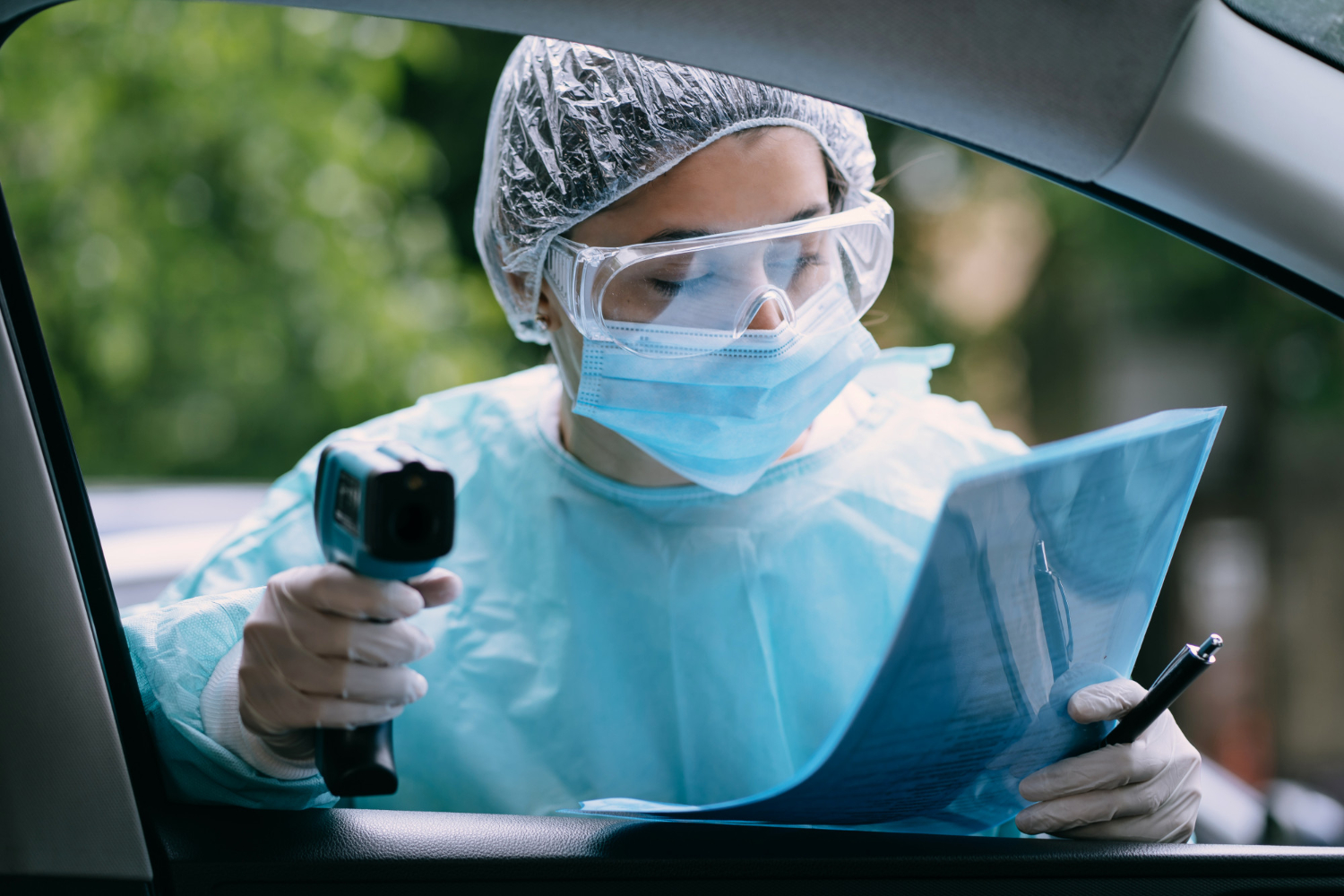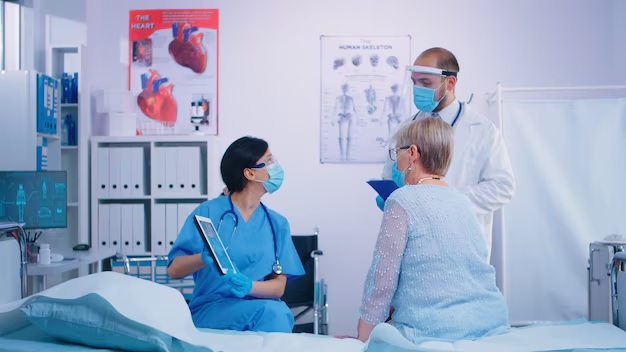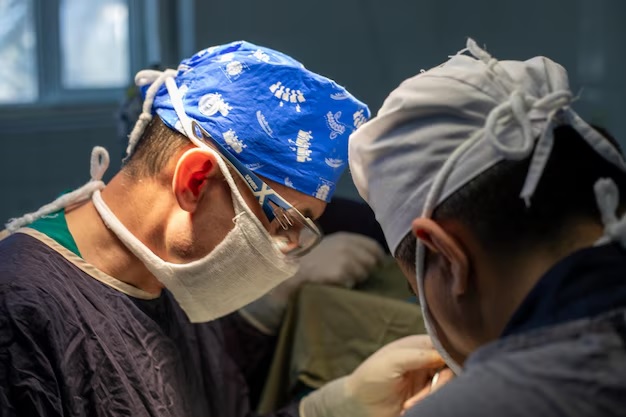CAR T-Cell therapy is a new creative way of fighting cancer. It has shown great promise by modifying T cells, your white blood cells so that they can hunt and kill cancer cells, especially in certain blood cancers: that's the one where patients have responded well to the therapy. But on the contrary, it has side effects that make the treatment hard for some individuals. These CAR T-Cell therapy side effects may affect the overall experience, making it more difficult for patients undergoing the therapy.
Understanding CAR T-Cell Therapy: Indications and Applications in Cancer Treatment
CAR T-Cell therapy is a recently emerging segment of immunotherapy that has started creating waves in the fight against cancer. It involves modification of the T cells to recognize and attack cancer cells. A blood draw is done to collect T cells. They are engineered in the laboratory to produce receptors, called chimeric antigen receptors (CARs), on their surface. Such receptors act like "live drugs" that hunt and destroy cancer cells.
This type of therapy is very prevalent in the treatment of blood cancers particularly when other therapies did not work or if cancer recurred. It's become an approved treatment for diseases like B-cell acute lymphoblastic leukaemia (ALL), especially in children and young adults, and different forms of non-Hodgkin lymphoma. Apart from that, CAR T-Cell therapy has been practised in multiple myeloma and primary mediastinal large B-cell lymphoma. CAR T-Cell has yielded impressive results in making certain patients go into remission and providing hope since conventional treatments will not be successful.
Its dangers involve the incidence of serious side effects such as cytokine release syndrome and neurotoxicity. It can lead to serious CAR T-Cell therapy side effects, including cytokine release syndrome and neurotoxicity, which must be carefully monitored and managed. Still, CAR T-Cell therapy is termed a breakthrough in personalized cancer treatment.
Types of CAR T-Cell Therapies
CAR T-Cell therapy is a new and innovative cancer therapy that involves modifying a patient's T cells, a form of white blood cell, to be able to recognize and destroy cancer cells. Personalized therapy has worked wonders to treat some types of blood cancer. Now, this might encourage scientists to look deeply into the possibility of applying such techniques to other forms of cancer.
- Tisagenlecleucel (Kymriah): This treatment is indicated for use in treating acute lymphoblastic leukaemia (ALL) in people younger than 25 years, as well as some forms of B-cell lymphoma in adults. Kymriah targets specifically those antigens known as CD19 that reside on cancer cells, engaging the immune system to get activated and eliminate that cancer material. In India, the cost for this therapy is between $40,000-$70,000, while in CAR T Cell therapy Australia may be between $200,000-$350,000.
- Axicabtagene Ciloleucel (Yescarta): Formulated for use in adults suffering from large B-cell lymphoma, Yescarta also attacks the CD19 antigen to activate an immune reaction against cancer. Clinical trials have shown strong results. Yescarta costs between $45,000 and $72,000 in India and between $230,000 to $300,000 in Australia.
- Brexucabtagene Autoleucel (Tecartus): Tecartus is used for treating mantle cell lymphoma, specifically in relapsed or refractory cases. It specifically targets CD19 antigens and brings hope to patients who have not responded to other approaches. The cost in India is between $55,000 and $87,000, while in Australia, it ranges from $300,000 to $380,000.
- Lisocabtagene Maraleucel (Breyanzi): targets CD19 antigens with a unique manufacturing process. That ensures consistent and effective treatment for certain types of B-cell lymphoma. The price in India ranges from $53,000 to $67,000, while this CAR T Cell therapy Australia costs between $350,000 and $400,000.
- Idecabtagene Vicleucel (Abecma): This treatment is specifically designed for multiple myeloma and attacks the BCMA antigen on plasma cells. That's revolutionary in treating this very challenging type of cancer we're discussing. The price in India is between $48,000 and $73,000, while in Australia it is between $310,000 and $380,000.
- Ciltacabtagene Autoleucel (Carvykti): It targets BCMA antigens to treat multiple myeloma. Clinical trials have shown promising results. The cost in India is between $60,000 and $70,000, while in Australia it can cost from $240,000 to $320,000.
- Obecabtagene Autoleucel (Aucatzyl): This novel treatment targets specific cancer cell markers and is under investigation for treating a variety of blood cancers. The cost in India is between $54,000 and $77,000, while in Australia it is between $270,000 and $370,000.
- NexCAR19: It is an Indian-developed first domestically made CAR T-Cell therapy to treat B-cell cancers like leukaemia and lymphoma. And it costs a lot less than what you would purchase from outside, so it is more within the reach of common people who have to spend money on health care. In India, it will cost between $40,000 and $55,000, while it costs between $250,000 and $350,000 for this CAR T Cell therapy Australia.
Below is a price comparison of CAR T-Cell therapies between India and Australia based on rough ranges:
|
CAR T-cell Therapy Type |
India (USD) |
Australia (USD) |
|
Tisagenlecleucel (Kymriah) |
$40,000–$70,000 |
$200,000–$350,000 |
|
Axicabtagene Ciloleucel (Yescarta) |
$45,000–$72,000 |
$230,000–$300,000 |
|
Brexucabtagene Autoleucel (Tecartus) |
$55,000–$87,000 |
$300,000–$380,000 |
|
Lisocabtagene Maraleucel (Breyanzi) |
$53,000–$67,000 |
$350,000–$400,000 |
|
Idecabtagene Vicleucel (Abecma) |
$48,000–$73,000 |
$310,000–$380,000 |
|
Ciltacabtagene Autoleucel (Carvykti) |
$60,000–$70,000 |
$240,000–$320,000 |
|
Obecabtagene Autoleucel (Aucatzyl) |
$54,000–$77,000 |
$270,000–$370,000 |
|
NexCAR19 |
$40,000–$55,000 |
$250,000–$350,000 |
Side Effects of CAR T-Cell Therapy
Side effects of CAR T-Cell therapy can be severe. But they can be managed. And with the right care, patients can recover.
- Cytokine Release Syndrome (CRS): This is a common side effect. It happens when CAR T Cells attack cancer cells quickly. Symptoms include fever, low blood pressure, difficulty breathing and organ dysfunction. You'll often see tocilizumab and corticosteroids used to treat it.
- Immune Effector Cell-Associated Neurotoxicity Syndrome (ICANS): Neurological CAR T-Cell therapy side effects caused by activation of the immune system. Signs are confusion, seizures, speech difficulty, and motor deficits. It's treated with steroids anti-seizure medication and other supportive health care.
- Patients with CAR T-Cell: Therapies are more vulnerable to infections. That's because their immune systems are suppressed. Prophylactic antibiotics and close monitoring can help mitigate that risk.
- B-Cell Aplasia: This is a condition where the body's normal B cells are depleted. That means the body can't produce antibodies as it should. Immunoglobulin replacement therapy can help.
- Tumor Lysis Syndrome (TLS): This results from the rapid breakdown of cancer cells, wherein their contents are released into the bloodstream. Kidney damage as well as hyperkalemia are symptoms of low calcium levels present in it. Hydration and medications to correct electrolyte imbalances can help.
- Prolonged Cytopenias: Prolonged low counts of blood cells after therapy lasting weeks or months. Handled with supportive care, such as transfusions and growth factors.
- Secondary Malignancies: These are rare but may occur as a result of possible injury. Their point of injury can be the T cells because they can undergo alterations. Regular follow-ups bring half a chance of catching them way early.
Using CAR T-Cell therapy is revolutionary. The side effects need careful management to ensure that it is safe and effective.
Affordable Excellence: India's Leading Role in CAR T-Cell Therapy Costs
Indian healthcare providers employ every form of local talent and government support to reduce the price of CAR T Cell therapies to significantly lower costs ranging from $40,000 to $87,000, compared to $200,000 to $400,000 elsewhere. This is affordable despite retaining high efficacy levels, demonstrating India's capacity to balance cutting-edge technology with economic affordability. By surmounting both financial and clinical hurdles, India is establishing new benchmarks in cancer care globally.
|
Category |
Australia |
India |
|
Hospital and Treatment |
$200,000–$400,000 |
$40,000–$87,000 |
|
Visa |
N/A |
$200 |
|
Flight |
N/A |
$1,500 - $2,500 (round trip from Australia) |
|
Accommodation |
N/A |
$30 - $50 per night |
|
Transport |
N/A |
$10 - $30 per day |
Racure Healthcare: Your Trusted Partner for Medical Journeys in India
Racure Healthcare is a strong force when it comes to healthcare assistance in India individuals from across the globe turn to them for super specialty treatments, including CAR T Cell therapy. Racure Healthcare collaborates with some of India's leading medical facilities, including Fortis Hospital and Paras Hospital (Gurgaon), to provide patients with the best care. They also provide access to excellent hospitals such as Manipal Hospitals in Dwarka and other health centres. This fills some important gaps and ensures that individuals are receiving required medical attention smoothly and easily.
Racure Healthcare offers a bouquet of services that cover both the medical and travel needs of patients. These services include priority appointment booking, pre-travel consultation via telemedicine, and visa assistance. Our support extends to managing logistics like recommending accommodations, free airport transfers, and 24/7 patient care. We also offer interpretation services and SIM cards on arrival to make the patient's journey convenient.
India is renowned for delivering great healthcare at high-tech facilities like CAR T Cell therapy, and recycling healthcare ensures that people from all over the world can benefit from those low-cost options without sacrificing quality as well. They have a dedicated team who work round-the-clock to ensure that the patient's health comes first, so medical tourism to India is an unproblematic and hassle-free affair with no hindrances to life-saving procedures.







